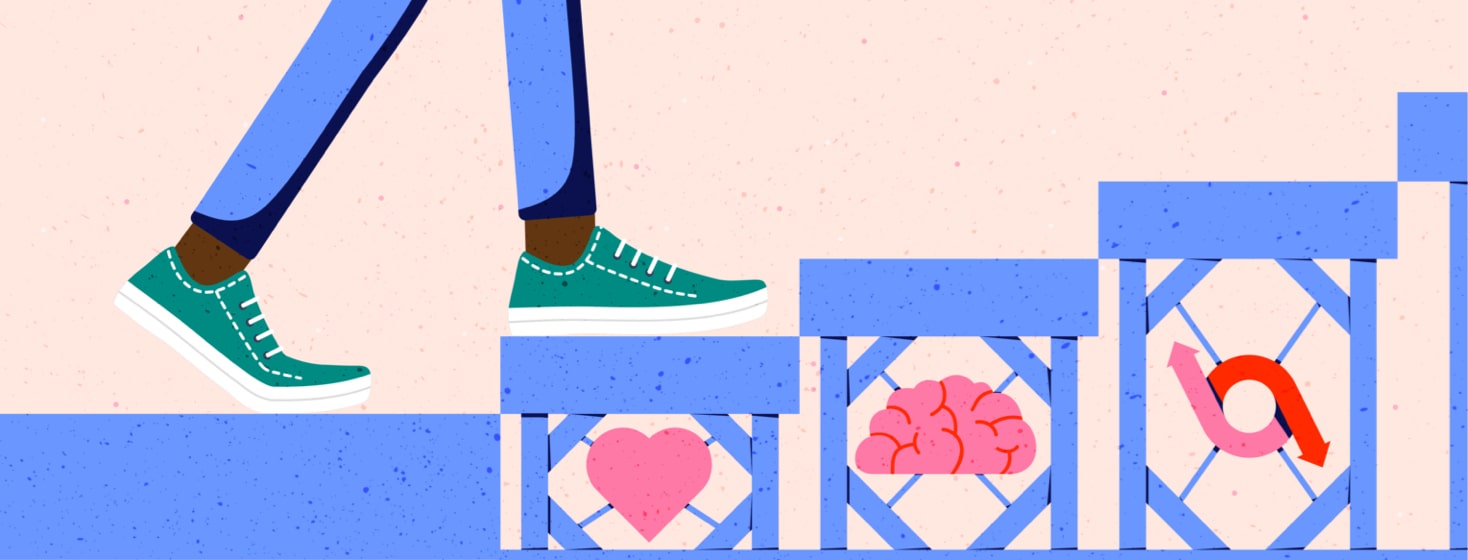How to Cope With a New Diagnosis
Being newly diagnosed can be a daunting and overwhelming experience. While a new diagnosis is never easy, I share some steps that helped me cope with the mental impacts of this life change.
1. Accept that the diagnosis wasn’t the end of my journey
I want to be clear that acceptance isn’t always the easiest thing to do, but it was an essential first step. Once I accepted my diagnosis, I began to take concrete steps to cope with it. For one, I worked with my healthcare team to ensure I had access to the appropriate treatment options available. Additionally, I sought out a support group of people so that I could connect with others who understood what I was going through. While I know that these particular options might not always be available to everyone, knowing that my journey didn’t end at a diagnosis has inspired me even during the most challenging times.
2. Focus on educating myself about my disease
One of the thing things that I’ve learned on my journey is that the more I know about my disease, the better equipped I will be to manage it. In my case, that meant knowing my limits, so I didn’t push myself beyond my current capabilities. Learning to listen to our body is essential for those newly diagnosed. The great thing is that many resources are available online or at our local library that can provide us with the education we need to manage our condition.
3. Make lifestyle changes where appropriate
My diagnosis was the thing that propelled me to start putting my health first. This means focusing on eating nutrient-dense foods rich in vitamins and minerals. Even though sleep doesn’t always come easy, ensuring that I don’t put so much on my plate that I’m compromising my sleep time has been vital. While I know that exercise isn’t always possible for everyone, ensuring that I’m engaging in some form of gentle movement has helped reduce inflammation.
Thus, it's normal to feel overwhelmed at first. Giving myself time to grieve, educating myself about my disease, and making healthy lifestyle choices helped me cope positively with my diagnosis. While learning to cope with my diagnosis did not happen overnight, it did happen over time.
What are some coping strategies that you have found to be effective? Please let us know below.

Join the conversation